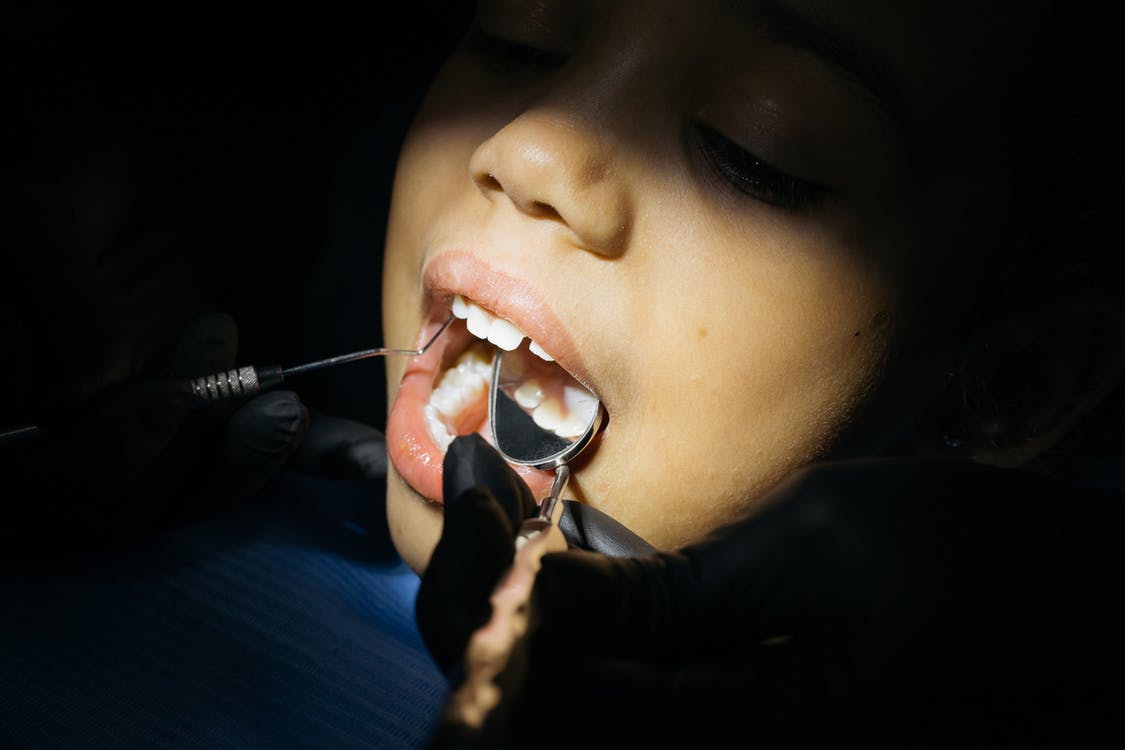Wisdom teeth, also known as third molars, are the last permanent teeth to erupt in your mouth. They come in around adolescence and can occasionally cause problems.
The third set of molars typically appear at the back corners of your mouth on the top and bottom. Sometimes these teeth can be a valuable asset to the mouth when healthy and properly aligned, but more often, they are misaligned and require removal.
How Do You Know When to Get Your Wisdom Teeth Pulled?
The question of whether or not to have your wisdom teeth pulled can be one that preys on your mind for a long time. That’s because, despite the fact that we know what wisdom teeth are, and how they work, the question of whether or not to have them removed is usually one that’s best answered by a doctor.
In many cases, the wisdom teeth will not have enough room to grow in properly and this will cause pain. Other possible problems are that they may grow in at an angle, or not come in at all. These problems can lead to crowding of other teeth, damage to adjacent teeth, infection and gum disease. The best way to avoid these problems is to get an X-ray when you’re around 16 or 17 years old so your dentist can see how your wisdom teeth are developing (this is the age when they start to develop).
If you’re experiencing any of these symptoms, your wisdom teeth may need to be removed:
- Your gums above your wisdom teeth are swollen and tender. This can mean that the tooth is pushing through the gum (erupting), but it’s not able to break through the gum because there isn’t enough room in your mouth. The gum above the tooth is infected and irritated by saliva, food or bacteria.
- You have swelling and tenderness in the back of your mouth. This can be from an infection inside the wisdom tooth.
- You have pain at the back of your mouth when chewing, opening your mouth widely or when you bite down on something. This can mean that the tooth is pushing through the gum and irritating it, or that there is an infection inside the tooth.
- You get frequent headaches or earaches, especially in one ear only. The nerves in this area overlap with those at the back of your mouth so pain from your tooth can cause pain in other areas of your head.
- Your jaw is painful when you open and close it, or if you push it from side to side. This can be from a wisdom tooth pressing on muscles used for biting and chewing.
- You get a rash on the side of your face near your mouth. This can develop if you have a wisdom tooth infection.
- You have a sore throat and your glands on the side of your neck are swollen. This can be from an infection where you have had dental work done.
- You have a fever or feel generally unwell. This may happen if you have an infection inside your tooth.
Conclusion
The best thing you can do before you decide whether or not to remove your wisdom teeth is to talk to your dentist in Plymouth, MA. You’ll have the chance to ask questions and learn about all of your options, including the pros and cons of removing your wisdom teeth.
What you’ll learn on your first visit should help you sort out what you want to do. If you’re still unsure, try checking out some reviews of dentists in Plymouth, MA. You’ll find a lot of great info!



